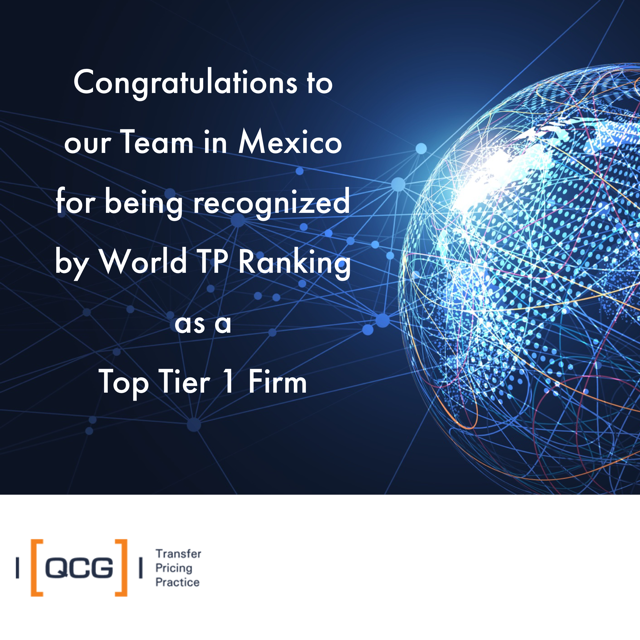Pillar 2 and the GloBE Rules usher in a new era in global tax compliance
In the evolving international tax environment, a recent global development has caused turmoil among multinational taxpayers. Pillar 2 of the OECD’s Base Erosion and Profit Shifting initiative — also known as BEPS 2.0 — has introduced new co mpliance rules for multinational enterprises.
Pillar 2 introduces the Global Anti-Base Erosion, or GloBE, rules, designed to ensure that large multinationals are subject to a global minimum tax rate of 15%, preventing profit-shifting to low-tax jurisdictions. Only multinational groups with annual consolidated revenues of EUR 750 million or more are subject to these rules.
The goal of Pillar 2 is to curb tax competition and ensure a level playing field. Many jurisdictions have adopted the GloBE rules, but not all. Notably, the United States has not yet implemented Pillar 2 or the GloBE rules, however there could be significant developments in the near future as the 2024 election has ushed in a new unified government with a clear mandate to implement its agenda. While this may hint to the possible direction of new tax policy uncertainty regarding its practical implementation remains an important factor.
Pillar 2 has two primary mechanisms:
The Income Inclusion Rule (IIR): which requires the ultimate parent entity to pay a ‘top-up’ tax on subsidiaries in jurisdictions where the Effective Tax Rate (ETR) is below 15%. It ensures that every jurisdiction where the group operates meets the minimum tax requirement.
The Undertaxed Payments Rule (UTPR): which applies when the IIR does not capture certain low-taxed payments, by denying deductions or imposing additional taxation on transactions with entities that fall below the 15% threshold.
Meeting the compliance requirements of GloBE and Pillar 2 is no easy task. The information needed to calculate top-up taxes is significantly more burdensome and time-consuming than previous reporting obligations. Multinational groups must provide detailed data across jurisdictions, making this process far more complex.
Additionally to applying the GloBE rules , jurisdictions can impose a Qualified Domestic Minimum Top-Up Tax (QDMTT) on their resident entities, ensuring they meet the 15% minimum tax locally, which prevents other countries from applying the IIR or UTPR. This allows nations to ‘top-up’ the taxes of domestic entities, retaining tax revenue within their own borders.
As the Pillar 2 rules evolve, multinationals must reassess their tax structures to comply with new global standards, mitigate risks, and align with the new tax landscape. Adapting to the GloBE rules will be crucial for long-term success in the international tax environment. Contact our experts for a confidential consultation.

